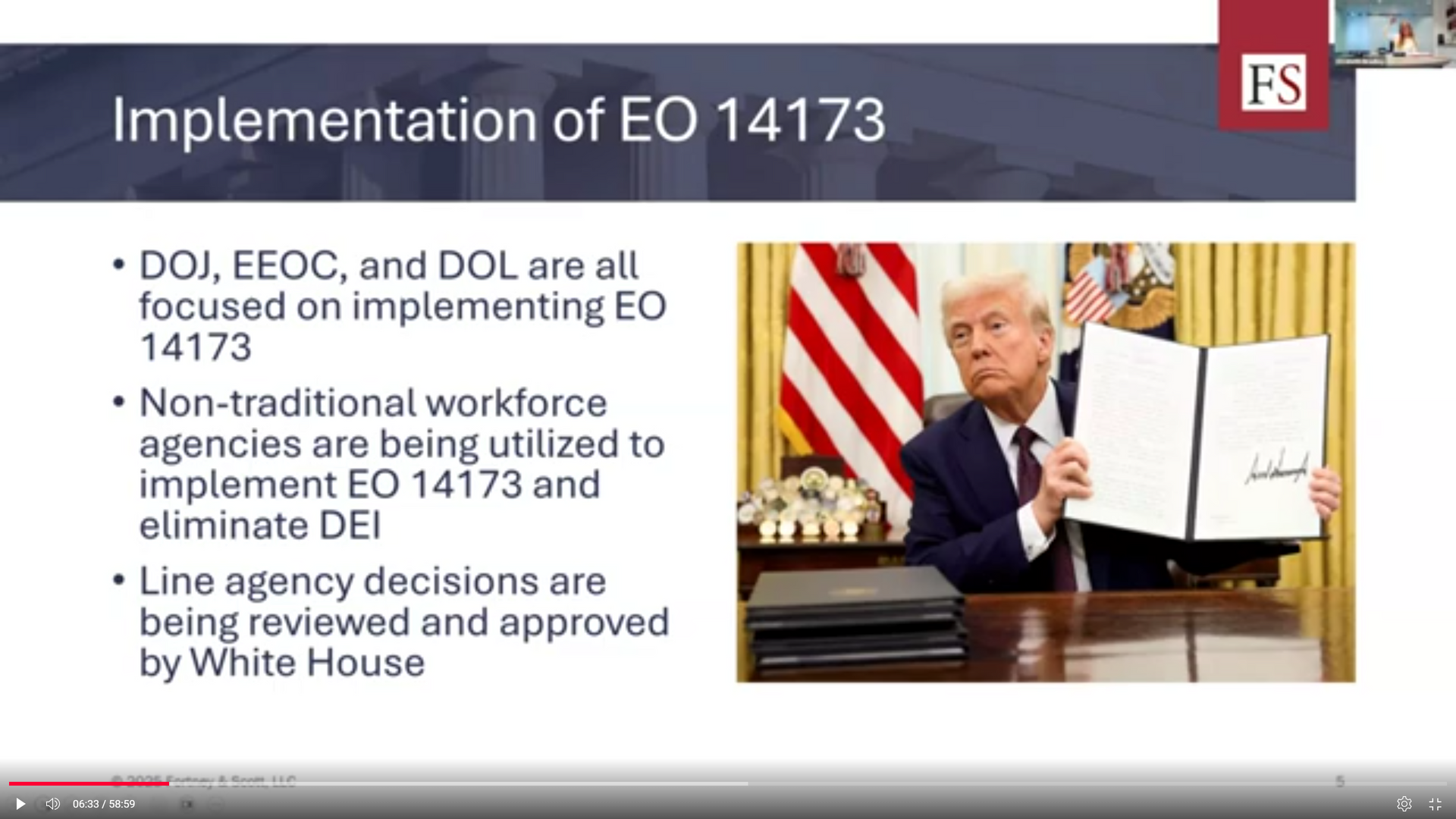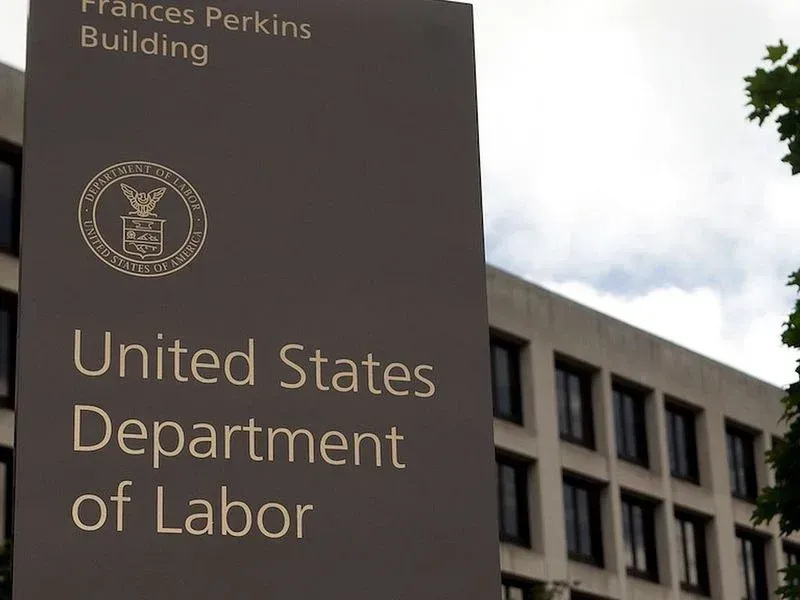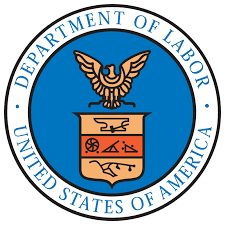Report from the ABA/ Labor and Employment Meeting: Dir. Leen’s Plans for OFCCP Focused Reviews
OFCCP Director Craig Leen presented at the American Bar Association’s Annual Meeting of the Labor and Employment Section in New Orleans on November 8. Leen’s comments centered on 503 and VEVRAA focused reviews. That same day, OFCCP issued a second 2019 Corporate Scheduling Announcement Lists that included 500 VEVRAA focused reviews. Here are the key takeaways from Leen’s presentation:
- 503 and VEVRAA focused reviews will include an analysis of “systemic” discrimination in promotions, terminations, and compensation. Leen stated that the agency will conduct regression analyses in order to ferret out such discrimination. Because most establishments do not employ a sufficient number of Individuals with Disabilities (IWDs) or protected veterans to conduct a statistical analysis, in all likelihood, an analysis of compensation or promotion practices will likely be based on individual comparators and anecdotal evidence. Leen also reported that all focused reviews, VEVRAA and 503, will include an on-site. He estimated the on-sites would last three to five days.
- OFCCP plans to post on its website a list of the contractors who successfully completed a 503 or VEVRAA focused review without any adverse findings, as well as best practices identified in each review.
- Leen urged attendees to review the list of 503 best practices posted on the agency’s website and considering implementing some or all of them. The 503 focused reviews will include an assessment of whether the contractor implemented any of the best practices. Leen also noted that OFCCP will be taking a hard look at the impact of assessments, particularly those using artificial intelligence, on IWDs and the basis for denying a requested accommodation. Leen asserted that virtually all requests should be granted since most accommodations cost less than $500. Finally, Leen wants to see an Accessibility Coordinator in every workplace.
- Compliance officers conducting 503 focused reviews will ask for, at least, the following documentation:
- Termination records
- Personnel files
- Flexible workplace polices
- Response rate for self-identification surveys
- Contractor’s efforts to increase self- id response rates
- Job descriptions
Although Leen specifically referenced this list in connection with Section 503 focused reviews, this list could also apply to a VEVRAA review.
- A revised version of the 503 self-identification form is pending approval with the Office of Management and Budget (OMB). The intent of the revisions is to make the form more welcoming to IWDs in an effort to increase response rates.
- Leen’s comments focused primarily of compliance with Section 503. However, he did stress a new focus with respect to VEVRAA compliance – discrimination against military spouses. The VEVRAA regulations include a prohibition against associational discrimination similar to the Section 503 and the ADA. 41 CFR 60-300.21(e)
Leen also stated that contractors may implement hiring preferences for IWDs and Veterans. According to Leen, such programs are not discriminatory. This position appears to be contrary to the EEOC’s guidance on voluntary preferences . Before implementing such a hiring preference, please consult with counsel.
- Finally, Leen announced that next year, OFCCP will launch additional types of focused reviews on disability accommodations and religious accommodations. Eventually, Leen also plans to implement compensation and promotion focused reviews.
For more information on preparing for or responding to a focused review, please contact your FortneyScott attorney or send us an e-mail with your questions.


















